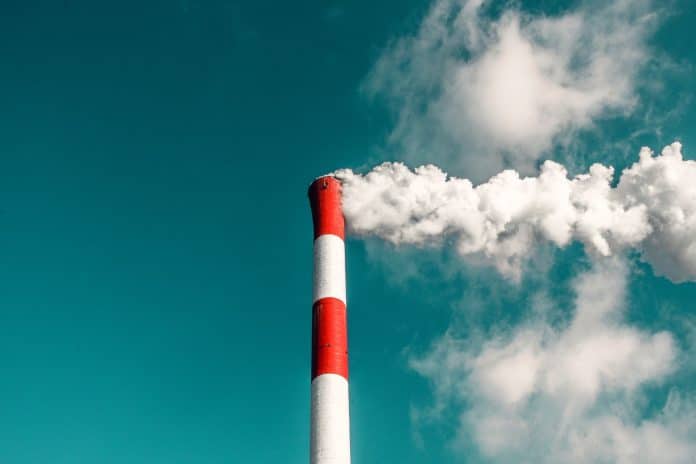The UN Secretary-General, António Guterres, warns that the fallout from Russia’s war in Ukraine not only risks upending global food and energy markets but can also have major implications for the global climate agenda.
Mr. Guterres says that developing countries are getting slammed with record inflation, interest rate hikes and looming debt burdens.
 „As major economies pursue an “all-of-the-above” strategy to replace Russian fossil fuels, short-term measures might create long-term fossil fuel dependence and close the window to 1.5 degrees,“ the Secretary-General told the Economist Sustainability Summit today.
„As major economies pursue an “all-of-the-above” strategy to replace Russian fossil fuels, short-term measures might create long-term fossil fuel dependence and close the window to 1.5 degrees,“ the Secretary-General told the Economist Sustainability Summit today.
The Secretary-General expressed his worries that countries could become so consumed by the immediate fossil fuel supply gap that they neglect or knee-cap policies to cut fossil fuel use.
Mutually assured destruction

„This is madness. Addiction to fossil fuels is mutually assured destruction. As current events make all too clear, our continued reliance on fossil fuels puts the global economy and energy security at the mercy of geopolitical shocks and crises.“
Mr. Guterres said the world needed to „fix the broken global energy mix“ and pointed out that the timeline to cut emissions by 45 per cent is extremely tight. Instead of hitting the brakes on the decarbonization of the global economy,the Secretary-General, expressed his opinion that now is the time to put the pedal to the metal towards a renewable energy future.
How to keep 1.5 alive?

„So how do we keep 1.5 alive?,“ Mr. Guterres asked and answered the question by emphasising the urgent need to accelerate the phase-out of coal and all fossil fuels.He said that the only true pathway to energy security is implementing a rapid, just and sustainable energy transition. He urged countries to strengthen national climate plans every year until they are aligned with 1.5 degrees; speeding up the decarbonization of major sectors such as shipping, aviation, steel and cement, while protecting the most vulnerable and ensuring an equal focus on adaptation.
„That’s how we will move the 1.5 degree goal from life support to the recovery room,“ he concluded.






